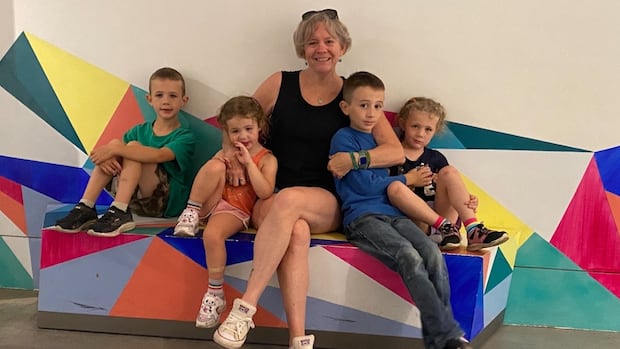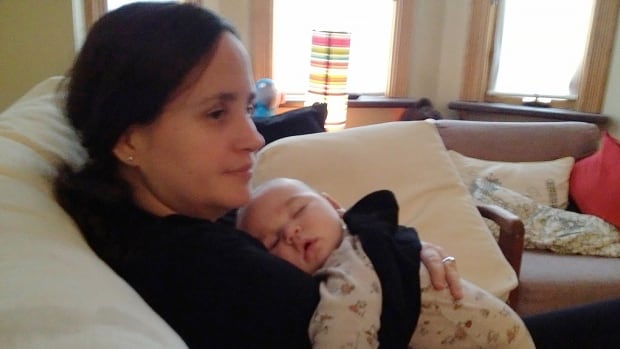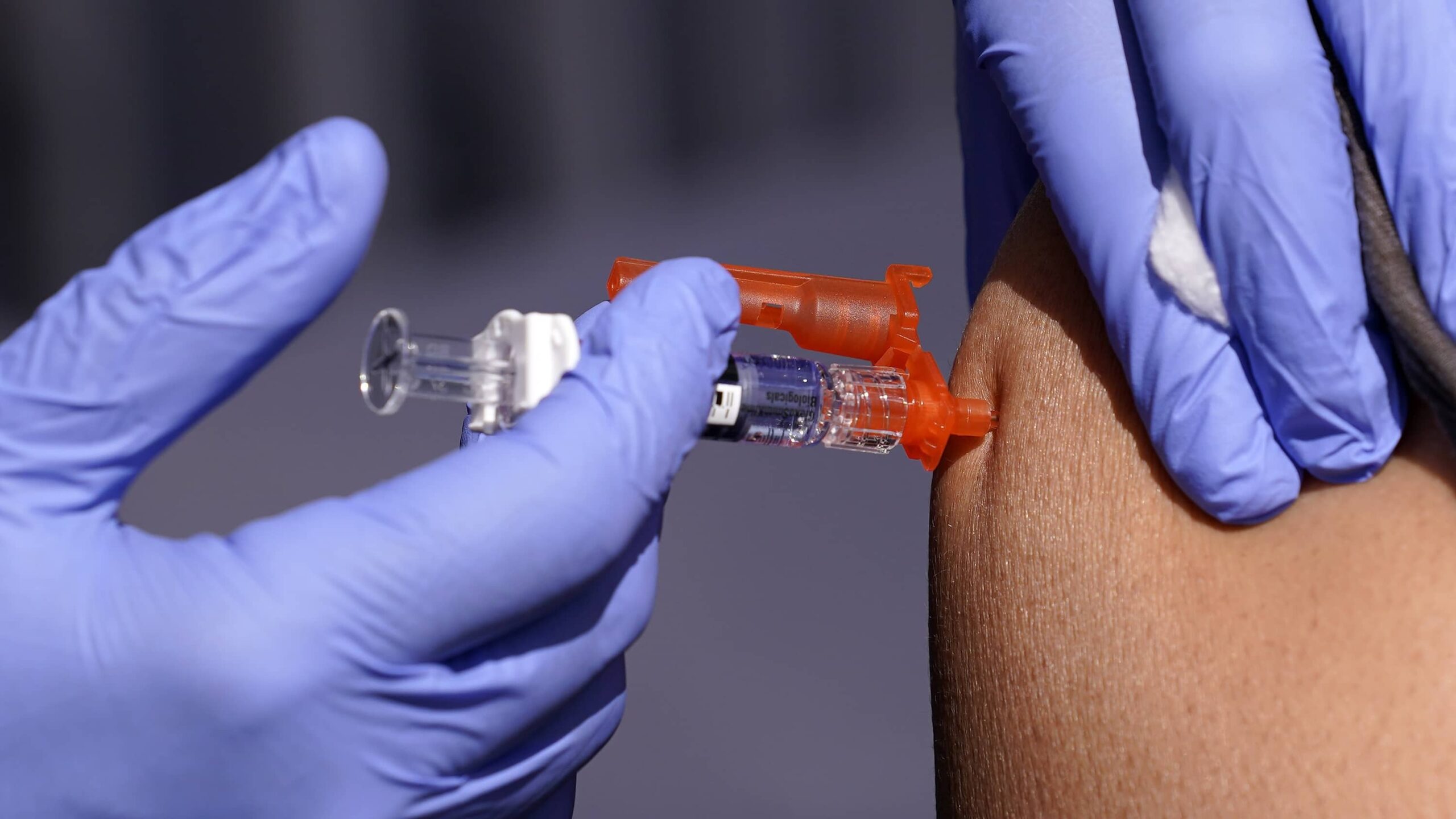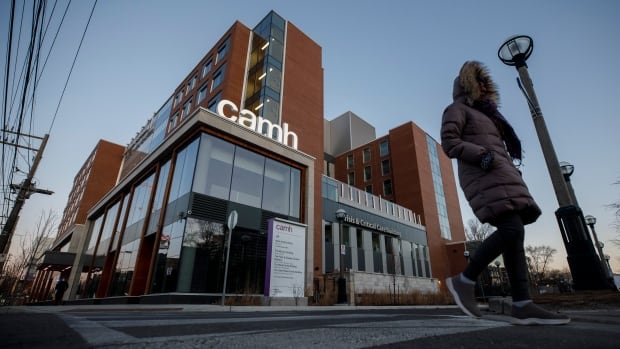This First Person column is written by Elizabeth Barnes, who runs an education centre in Ottawa. For more information about CBC’s First Person stories, please see the FAQ.
Five years and nine months after my breast cancer diagnosis, I received a phone call from my physician’s office reporting a slightly abnormal result of a routine blood test.
While we spoke, I was already Googling the numbers and searching obscure articles and journals to see how it might be an indicator of my cancer spreading and becoming Stage 4. I was sweating, trembling and nauseous, and I knew that I could not pull it together to continue my work day.
Despite that I’d gone through treatment and been cleared several years earlier, I noticed that any kind of cough or ache would lead me to obsessive Googling and sleepless nights even though follow ups and tests would show normal results.
I wondered if my brother’s recent death of the same cancer was having an impact. I also worried that I was becoming a hypochondriac and a burden on our health care system.
My turn
This all started on June 30, 2018, when I was diagnosed with Stage 3B breast cancer. My doctor called me, and asked if this was a good time. Because my brother had been diagnosed with male breast cancer only three months prior, and my mother and maternal aunt had both died in their 50s of breast cancer, I knew as soon as she asked me this question that it was now my turn.
I went into a closet, sat in the dark, and said, “Yes, this is a good time.”

It was a difficult and busy next few months where I turned on autopilot and went from appointment to appointment, keeping myself together outwardly for my kids.
My treatment was out of my control and in the hands of the many doctors and nurses who gently guided me through it with care and compassion.
In January 2019, after many months of surgeries, chemotherapy and radiation, I rang the proverbial bell. I had finished active treatment and was declared NED (no evidence of disease).
Right after the bell ringing, I was both elated and exhausted. I felt fortunate then and I still do every day since.
In many ways, life returned to some state of normalcy. A busy household, my job and a pandemic kept my mind occupied.
But then, a few years into COVID-19, we learned that my brother’s cancer had spread to Stage 4. It was a shock because he’d previously been told that his cancer was gone.
Upon hearing of my brother’s progression of cancer, I was at once terrified for myself and so very sad for him.
My brother died in April 2023. Although we knew his cancer was terminal, his quick decline was hard to witness and his death was incredibly difficult for me to accept. I was with him when he passed, alongside his wife and children, and I will always be grateful to them for allowing me to share in their love and pain.

My brother and me
My brother and I were similar in many ways. Our diagnosis timeframe, our treatment, our curly hair, our chemo baldness, our love for reading, even our astrology sign. These similarities seemed to me to be proof of what was coming next for me.
In the wake of his death, and considering all that had happened, I thought I was handling everything quite well, until that day of the unusual blood result.
Bits and pieces of the past five years started coming back — including the hardest parts that I had worked so hard to ignore, such as the debilitating side effects and the need to rely on people. Thoughts of my own imminent death consumed me.
I knew enough to know that my physical reaction that day, combined with cancelling my work day, showed that I was struggling more than I realized. I headed to Google again, this time to search “anxiety related to health.” I was both surprised and comforted to realize that this was a documented issue. I was not alone.
I reached out to a therapist. Through therapy, I began to understand the trauma impact of a major health scare. I am now able to realize just how much I was still struggling all those years, when I appeared to be fine to myself and others.
It has now been six years since my diagnosis.
The similarities between my brother and me still haunt me, and his death has had a profound effect on me.
I am physically healthy and not in active therapy for my health anxiety today. But I know that I will return to it should I start to notice that negative thought patterns around my health creep in — just as I would call my physician with any physical change in my body.

Do you have a compelling personal story that can bring understanding or help others? We want to hear from you. Write to us at ottawafirstperson@cbc.ca.





